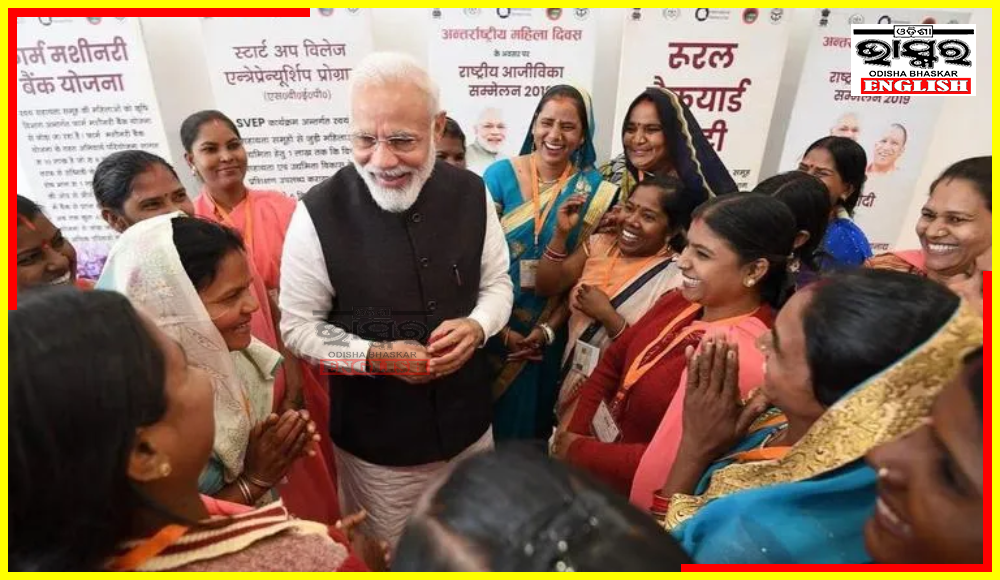New Delhi: In a landmark announcement, Prime Minister Narendra Modi-led cabinet has granted approval for a significant change in India’s political landscape. The cabinet’s decision, unveiled during a 90-minute meeting chaired by the Prime Minister, ushers in a historic move to allocate 33 percent of parliamentary seats to women. This change applies to both the Lok Sabha and state assemblies, with reserved seats set to rotate after each general election. Additionally, the proposed bill includes provisions for sub-reservations within the 33 percent quota, ensuring representation for SCs, STs, and Anglo-Indians.
Currently, the Lok Sabha consists of 542 Members, with 78 being female Members, while the Rajya Sabha has 224 Members, including 24 females.
Former Deputy Chief Minister of Jammu & Kashmir and BJP leader, Kavinder Gupta, lauded the government’s decision, hailing it as a step towards justice and women’s empowerment. Gupta emphasized that this move aligns with PM Modi’s vision and will propel the nation in the right direction.
Priya Sethi, former member of the J&K legislative council, expressed gratitude to the Central leadership, stating that the 33 percent reservation for women is a gift from the Prime Minister that will empower women to shape the nation’s laws in Parliament.
The decision also received a positive response from Congress leader Jairam Ramesh, who acknowledged the long-standing demand of his party for women’s reservation. Ramesh welcomed the Union Cabinet’s reported decision and emphasized the importance of building consensus through an all-party meeting before the Special Session, rather than operating in secrecy.
The first day of the five-day special session of Parliament began in the Old Building and will transition to the new state-of-the-art building on September 19. This historic move towards greater gender representation marks a significant milestone in Indian politics, reflecting a commitment to fostering inclusivity and empowering women in legislative bodies.




Comments are closed.